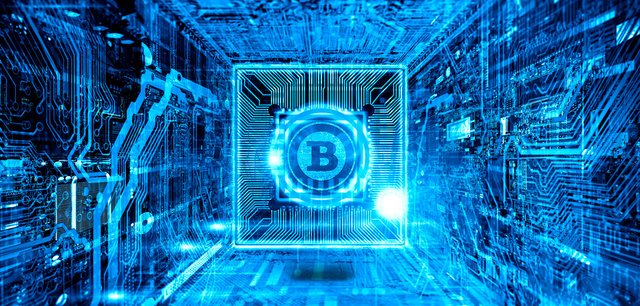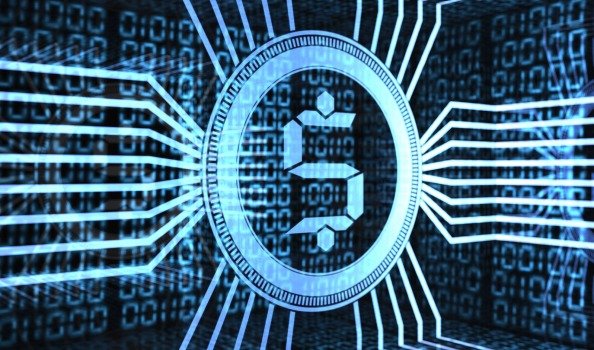Trading. The advent of human civilisation.

It all started with decentralised barter between small bands of humans many thousands of years ago, then it changed to centralised money, and it will be full-scale decentralised barter again.
Here is the case of blockchain and the tokenised economy.
Initial barter was good on a small scale at a tribal level. I give you my fish, and you give me your bread. It works very well when a few dozen services are exchanged.
Once the complexity of the society grew to the city level, the barter thing did not scale anymore, and money emerged in all shapes and forms. But city level economy destroyed the trust of the tribal organisation. You can’t trust people easily when you live and trade with many thousands around. Enter the centralised money issued by kings or nationwide states.
The good part of this system, when it works, is the stability of the prices over time and the trust that the king or government officials will do their jobs well.
The downside is that the whole system can easily collapse from overinflation of money supply, wars or instability in governance.

The arrival of computing is about to change everything; it will get rid of the currency monopoly and transform the global economy into one that is more dynamic and free.
Do you remember those times in the mid-nineties when you needed to wait minutes to download an image, and the digital movies didn’t even exist?
The whole blockchain industry is in the same place right now.
The user experience is awful, the real use-cases are limited, and the speed of transactions is too slow.
But the progress is exponential. Not in the market capitalisation, but in the development curve. From barely five transactions per second to tens of thousands. From just transferring value, like currency, to smart contracts and fully decentralised applications.
Here is what I imagine that will happen in this space.
In a traditional business where you compete in the same market, a zero-sum game is in place. I win, you lose. Here the opposite. If somebody develops a blockchain solution that demonopolise the currency, somebody else will work from that to make it anonymous. Like Monero to Bitcoin. It adds more value to the whole system and makes it more robust.
More interlinked blockchains mean more use-cases to cover, more overall stability and more reliability. It grows with a positive feedback loop that reinforces itself.
Once the scalability, speed and user experience is resolved, the use-cases are practically everywhere. And this is about to happen, way sooner than full-scale autonomous transportation or the deployment of robots.
In this new economy, you can do any physical or mental labour, and your wearable or other software-driven platform knows precisely how much better and when you did it.
You get instant token awards, not weekly or monthly payments. And on top of that, if you overdo it and your health is in danger, your rewards are diminished until you cool down. The system can quickly take care of you when a network of IoTs is in place. Or if you’re too lazy, your rewards increase dynamically to make you start doing things. Like Uber’s surge-type of algorithm.
You just walk around and see some litter on the street? Pick it up and get instant token awards because the city sensors are aware of your good intentions.
See someone arguing and fighting, and your skills can broker peace? Token awards because the citywide CCTV can easily detect emotions and is aware of how the scene was played out.
Did you think that the robots will steal all of our jobs?
There are thousands more types to come. They just stay silent until the right technology wakes them up. It happened before, and it will happen again.
Once all the machine learning software fulls scale available, it will be easy to have fully decentralised exchanges that automatically transfer and value from token to token based on everyone wants and needs.
Or maybe can be a better solution to eliminate the total number of tokens from a wallet when a better system can emerge. Can you make sense quickly what the value of 0.0001 BTC, 2023524 XTZ, 42 Ark, 0.55 ETH and other 77 tokens you have earned this week it is? Add on top of this the value fluctuations based on market forces. I bet you can’t. I bet nobody can’t.
But wait, we have a better system already since the invention of the first video games, a half-century ago.
The life bar.
If I’m about to ask you if from this moment you’ll stop working, how much time you think you have until you are on the verge of being homeless or worse? You can adjust your spending anyhow, but in a number maybe not days or weeks but months or few years you’re going there. Most of us do.
Why not all tokens acquired add to a life bar that shows your financial health. Health indicators range from green to yellow to red. If you do mostly nothing, you can survive by just eating and being lazy for days, weeks, or even months, until you get a red alert. Then you’ll start getting alerts with all kinds of micro-tasks that put you on yellow and green.
The estimates are that, in the next few years, more than half of us will work remotely in a freelancing economy.
Do you want to do something bigger? Like climb Everest or be lazy for three months on a tropical island? The Alexa type of AI already knows you, and it knows what kinds of activities you might be interested in to accomplish your dreams. They are just a few more tasks away.
please FOLLOW ME and VOTES
Coins mentioned in post:
Downvoting a post can decrease pending rewards and make it less visible. Common reasons:
Submit